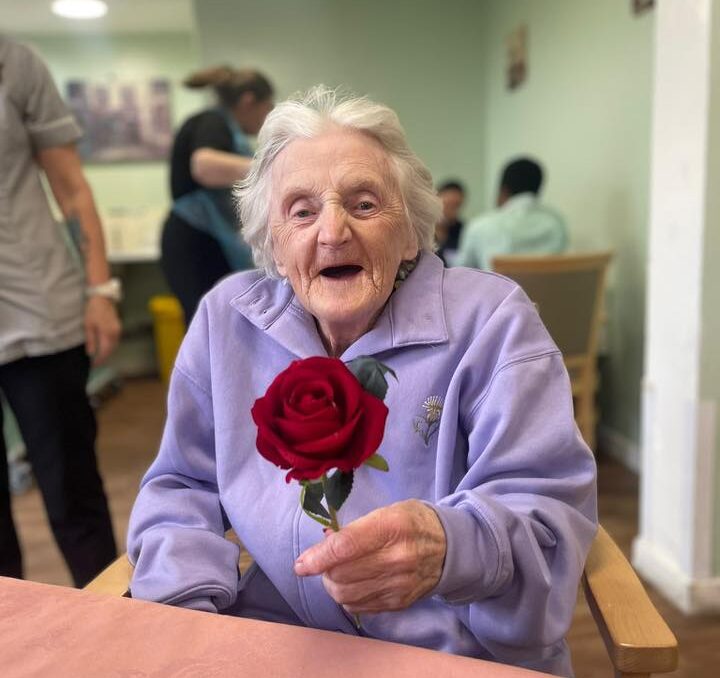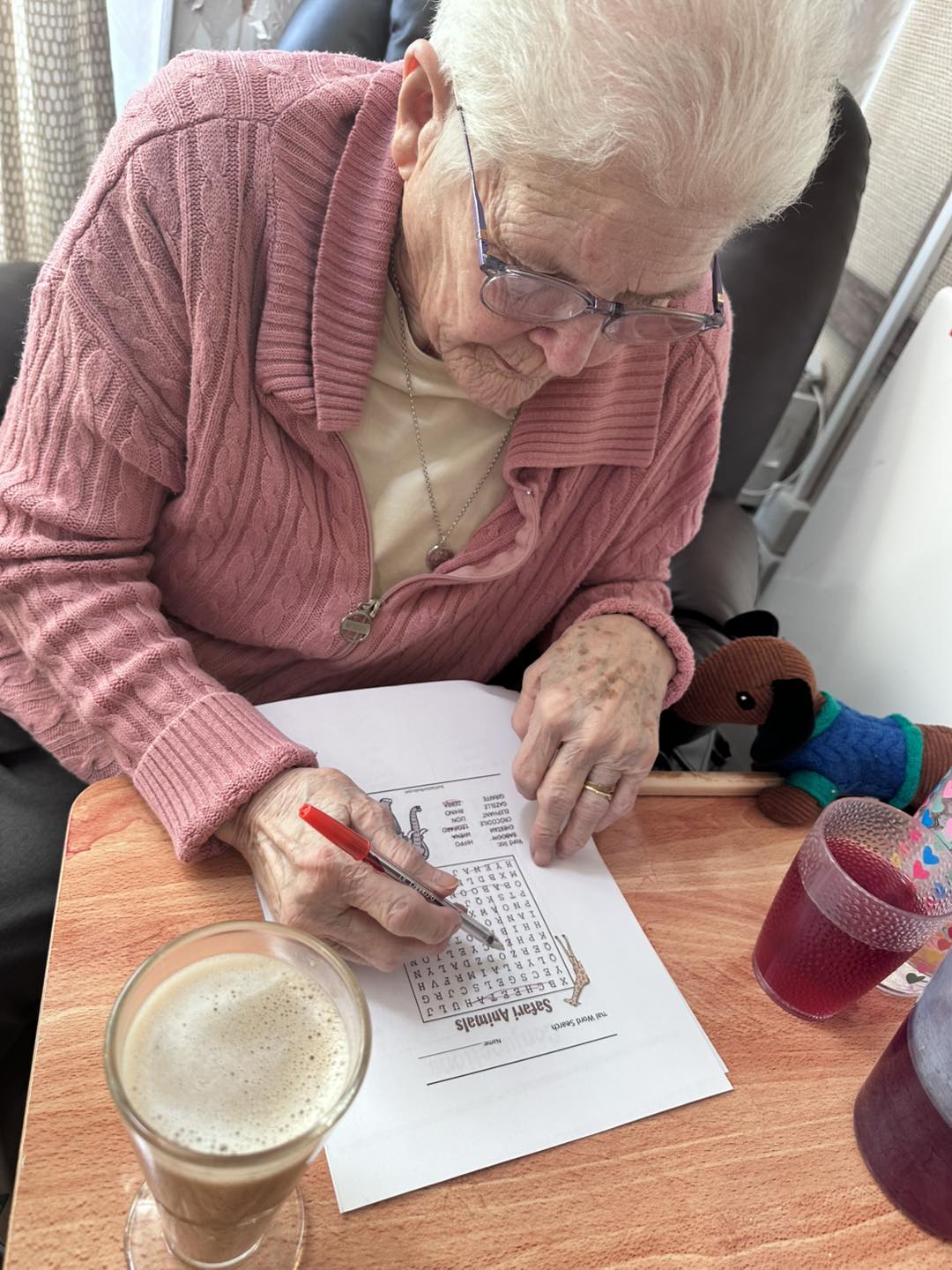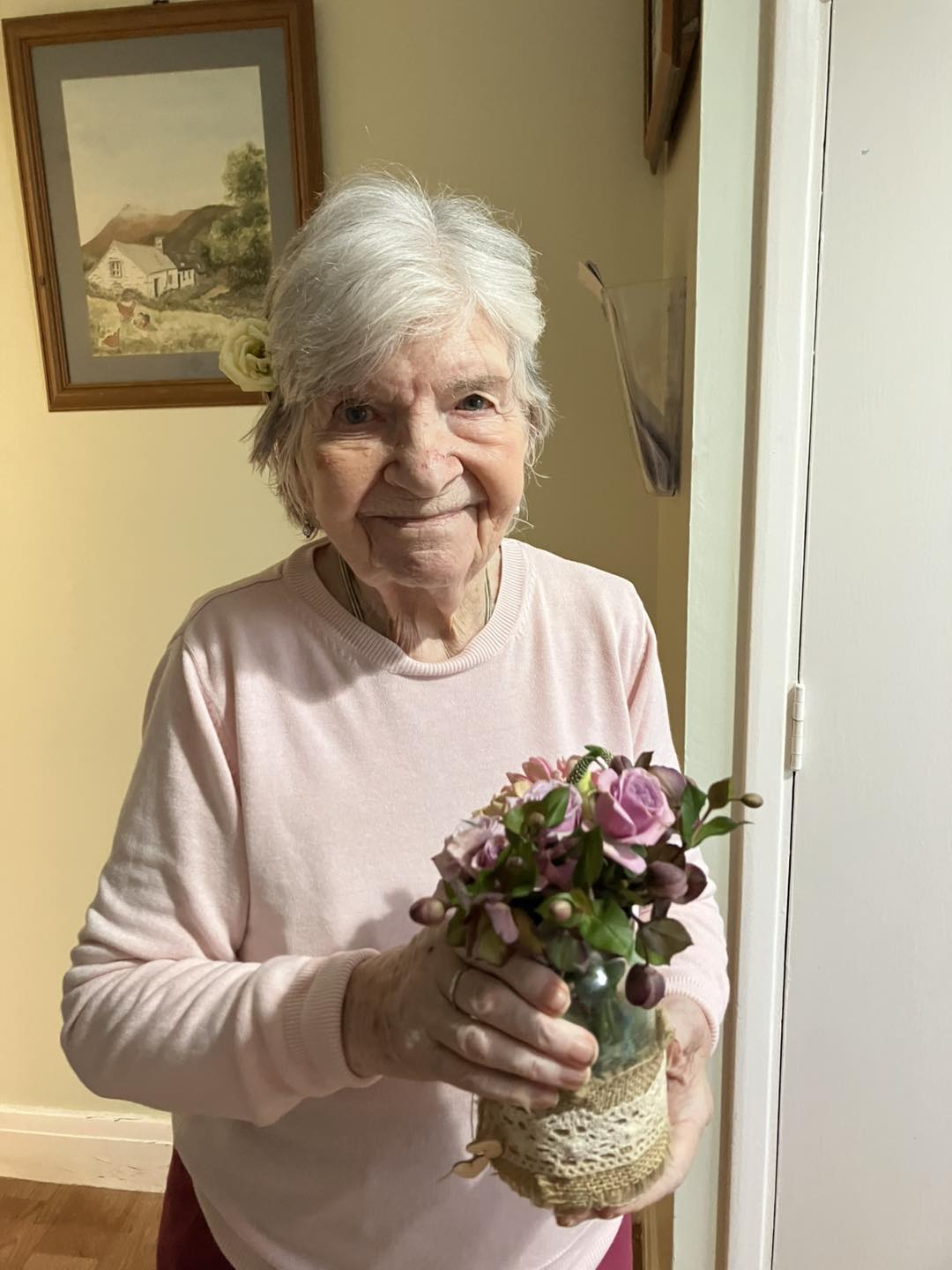In the challenging and sensitive time of end-of-life care, it is essential to provide residents and their families with compassionate support.
This article explores the importance of compassion in these situations, highlighting the significance of providing comfort and dignity to residents while empathizing with families. By creating a supportive environment and assisting families in coping with grief and making decisions, we can ensure that individuals facing the end of their lives receive the care they deserve.
When it comes to end-of-life care, compassionate support is paramount. Residents who are nearing the end of their lives require not only medical attention but also emotional assistance. By providing comfort and dignity to residents, you can help ease their pain and enhance their quality of life during this difficult period. It is crucial to create an environment where they feel safe, respected, and understood.
Additionally, it is equally important to extend empathy towards families who are navigating through this challenging journey alongside their loved ones. Emotionally supporting these families allows them to feel heard and validated as they face grief and make difficult decisions regarding end-of-life care. By offering a listening ear, guidance, and resources, you can alleviate some of the burdens they may experience during this trying time.
Through compassionately supporting both residents and their families in end-of-life situations, we have an opportunity to make a significant impact on their well-being. The following sections will delve into specific ways in which you can offer support while maintaining professionalism throughout this compassionate journey.
The Importance of Compassionate Care in End-of-Life Situations
When it comes to end-of-life situations, nothing is more crucial than providing compassionate care for residents and their families. During this difficult time, individuals are facing physical, emotional, and spiritual challenges. As a caregiver, your role isn’t only to address the physical needs of the resident but also to offer support and understanding to both them and their loved ones.
By showing empathy and compassion, you can create an environment that fosters comfort and peace in these final moments. Compassionate care involves actively listening to residents and their families, acknowledging their fears and concerns, and providing reassurance. It means taking the time to understand their unique needs and tailoring your approach accordingly.
By doing so, you can help alleviate anxiety and promote a sense of trust between everyone involved. Additionally, compassionate care extends beyond just meeting immediate needs; it involves being present emotionally for individuals as they navigate through this challenging journey.
Transition: In addition to providing comfort and dignity to residents at the end of life, there are specific steps caregivers can take to ensure their well-being during this sensitive time.
Providing Comfort and Dignity to Residents
Imagine yourself walking into a room filled with soft, warm lighting and the gentle sound of soothing music playing in the background. As you approach the resident, you notice their serene expression and relaxed posture.
Providing comfort and dignity to residents is an essential aspect of end-of-life care. It involves creating a peaceful and calming environment that helps alleviate any physical discomfort or emotional distress they may be experiencing. By ensuring their surroundings are pleasant and inviting, we can contribute to their overall well-being during this sensitive time.
To provide comfort and dignity, it’s crucial to address the physical needs of residents. This includes managing pain effectively through medication administration and other palliative measures. Additionally, maintaining cleanliness and personal hygiene is essential for their comfort. Ensuring that residents are dressed in clean, comfortable clothing not only promotes a sense of dignity but also contributes to their overall well-being.
By providing comfort and dignity to residents, we can help create an atmosphere where they feel valued and respected until the very end. Empathizing with families and offering emotional support is another integral part of end-of-life care without writing ‘step’.
Empathizing with Families and Offering Emotional Support
Creating a compassionate and understanding environment for families, where emotional support is readily available, is an essential aspect of providing comfort and dignity in end-of-life care.
When families are faced with the difficult reality of their loved one’s impending death, they often experience a wide range of emotions such as grief, sadness, anger, and confusion. It is crucial for healthcare providers to empathize with these emotions and offer a safe space for families to express themselves without judgment or pressure. By actively listening to their concerns and validating their feelings, you can help alleviate some of the emotional burdens they may be carrying.
Additionally, offering resources such as counselling services or support groups can further assist families in navigating this challenging journey.
Transitioning into the subsequent section about ‘creating a supportive environment for residents and families,’ it is important to recognize that by addressing the emotional needs of families first, we’re also indirectly creating an atmosphere that promotes well-being for residents.
When family members feel supported and understood during this difficult time, they can provide better care to their loved ones. This ultimately leads to enhanced quality of life for both residents and their families alike.
Creating a Supportive Environment for Residents and Families
To ensure a positive experience for both you and your loved ones, it’s essential to establish a nurturing environment that prioritizes the emotional well-being of residents and families.
This begins with creating a physical space that is comfortable, calming, and conducive to open communication. Providing private rooms or areas for family discussions can help foster an atmosphere of trust and confidentiality. Additionally, incorporating soothing elements such as soft lighting, pleasant scents, and comforting decor can contribute to a sense of warmth and tranquillity.
Equally important is the cultivation of supportive staff who are trained in empathy and active listening. Staff members should be encouraged to engage in compassionate conversations with residents and their families, actively seeking to understand their concerns, fears, and hopes. By demonstrating genuine care and being sensitive to individual needs, staff members can create an environment where families feel heard, valued, and supported throughout the end-of-life journey. In doing so, they lay the foundation for assisting families in coping with grief and making decisions about their loved one’s care without further adding stress or burden.
Transitioning into the subsequent section about ‘assisting families in coping with grief and making decisions,’ it is crucial to provide resources that empower them during this challenging time.
Assisting Families in Coping with Grief and Making Decisions
Transitioning into the next section, we can offer valuable resources to help families cope with grief and make difficult decisions. Losing a loved one is never easy, and it’s important for families to have support during this challenging time.
We can provide information on grief counselling services, support groups, and other resources that are available in the community. These resources can help families navigate through their emotions and find comfort in knowing that they are not alone.
In addition to supporting families in coping with grief, we can also assist them in making difficult decisions regarding end-of-life care. This may involve discussing treatment options, advance directives, or funeral arrangements. Our trained staff can provide guidance and information to help families make informed choices that align with their loved one’s wishes and values.
By offering compassionate support and practical assistance, we can ease the burden on families during this emotionally charged period of their lives.
Frequently Asked Questions
What are the legal aspects and documentation involved in end-of-life care?
You need to be aware of the legal aspects and documentation involved in end-of-life care. This includes understanding advance directives, medical power of attorney, and completing necessary forms to ensure proper care and decision-making for the resident.
How can healthcare professionals address cultural and religious beliefs in end-of-life care?
Address cultural and religious beliefs in end-of-life care by actively listening to patients and their families, respecting their values, involving spiritual leaders if needed, and providing culturally sensitive support and rituals.
Are there any financial resources or assistance available to families during this time?
During this challenging time, families can find financial support through resources like hospice benefits, Medicare/Medicaid coverage, and private insurance policies. These options can help alleviate the financial burden and provide assistance when it’s needed most.
What are some alternative options for end-of-life care, such as hospice or palliative care?
Hospice and palliative care are alternative options for end-of-life care. Hospice focuses on comfort and support for patients with a life-limiting illness, while palliative care provides relief from symptoms and improves the quality of life for anyone facing a serious illness.
How can healthcare professionals support residents and families in managing pain and symptoms during the end-of-life process?
To support residents and families in managing pain and symptoms during the end-of-life process, healthcare professionals can provide medications, therapies, and emotional support. They work closely with you to ensure comfort and ease.
Conclusion
In conclusion, providing compassionate end-of-life care is crucial for supporting residents and their families during this difficult time. By offering comfort and dignity to residents, you can help ease their physical and emotional pain, allowing them to find peace in their final moments.
Additionally, empathizing with families and providing emotional support can help them navigate the challenging emotions that come with saying goodbye to a loved one.
Creating a supportive environment for both residents and families is essential in ensuring that they feel heard, understood, and cared for. This can be done by actively listening to their concerns, addressing any questions or fears they may have, and involving them in decision-making processes. By doing so, you can foster trust and enhance the overall experience of end-of-life care.
As caregivers, it’s also important to assist families in coping with grief and making decisions that align with the wishes of the resident. This includes providing information about available resources such as grief counselling or support groups. By offering guidance during this challenging time, you can help alleviate some of the burden that families may feel.
Overall, by approaching end-of-life care with compassion and empathy, you have the power to create an environment where residents feel valued and supported while helping families navigate through this emotionally intense period. Remembering that each person’s journey is unique will enable you to provide personalized care tailored to individual needs.
Together, we can make a difference in ensuring a peaceful transition for all involved.




